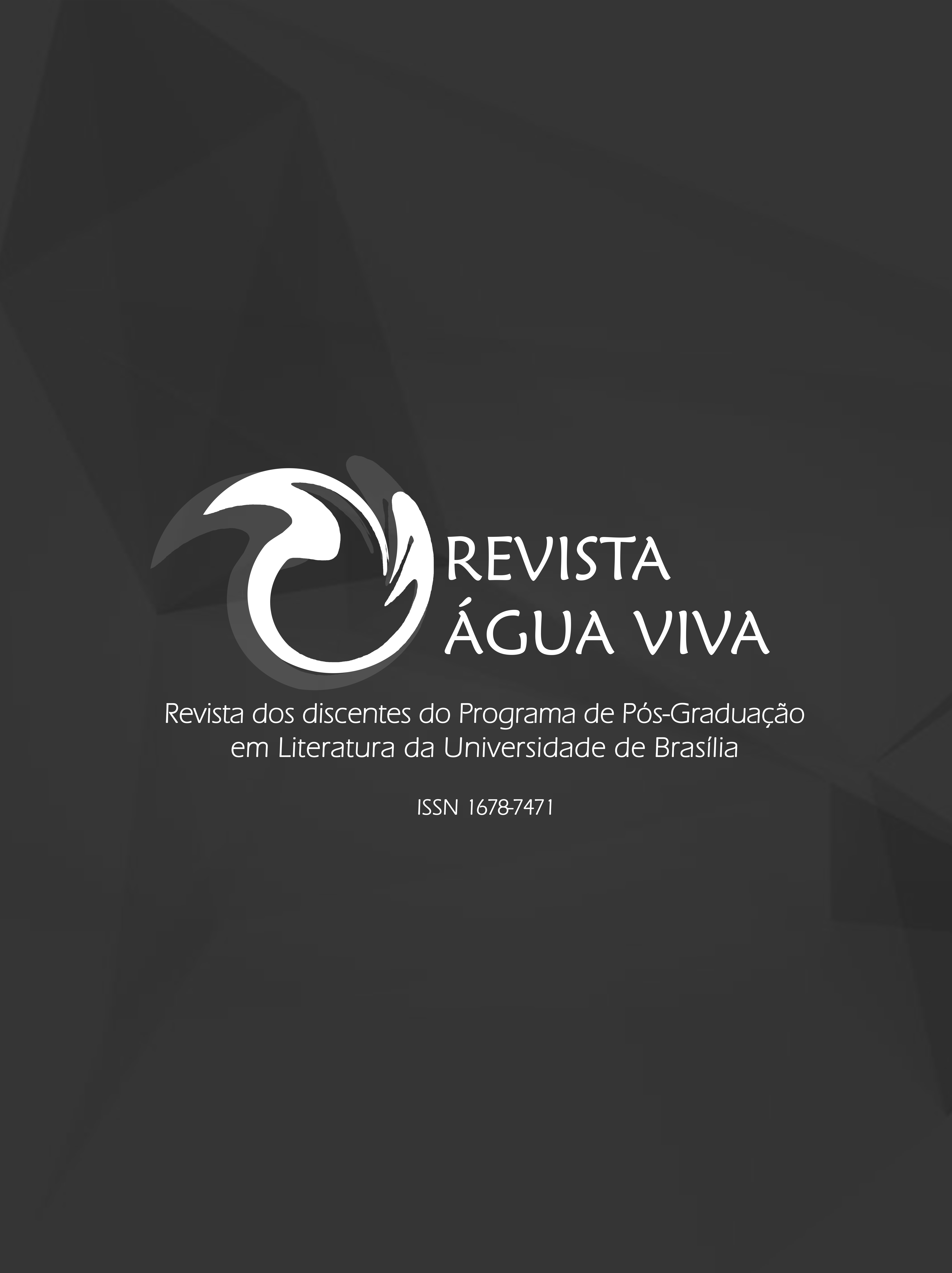A BATALHA DO FANTÁSTICO: PANORAMA TEÓRICO-CRÍTICO DO SÉCULO XX
DOI:
https://doi.org/10.26512/aguaviva.v6i2.38226Palavras-chave:
Fantástico, Gênero, Modo, Século XXResumo
Juntamente – e em oposição – ao romance realista burguês, o fantástico se configura como expressão literária definidora do século XIX. No século seguinte, muitos críticos e pesquisadores se ocuparam da tarefa definir esse modo de contar histórias tão peculiar, mas ao mesmo tempo tão abrangente. Todavia, foi na década de setenta, a partir do búlgaro Tzvetan Todorov, que essa discussão ganhou ares de batalha campal entre duas definições distintas para o fantástico. O objetivo do presente artigo é traçar um panorama geral dessa longeva querela pela definição do fantástico literário, lançando enfoque sobre os debates teóricos e conceituais existentes entre críticos e pesquisadores do século XX, mais precisamente entre no período que podemos chamar, numa nomenclatura contingente, de pós-todoroviano. Para tanto, dividimos a discussão em duas vertentes opostas: de um lado, Tzvetan Todorov (2012 [1970]), baluarte do fantástico genológico; do outro, seus críticos e dissidentes, defensores do fantástico modal, dos quais: Irene Bessière (1974), Lenira Covizzi (1979), Filipe Furtado (1980; 2009), Rosemary Jackson (1986 [1980]) e Remo Ceserani (2006 [1996]).
Downloads
Publicado
Edição
Seção
Licença
Copyright (c) 2021 Revista Água Viva

Este trabalho está licenciado sob uma licença Creative Commons Attribution-NonCommercial-NoDerivatives 4.0 International License.
Direitos Autorais para artigos publicados nesta revista são do autor, com direitos de primeira publicação para a revista. Em virtude da aparecerem nesta revista de acesso público, os artigos são de uso gratuito, com atribuições próprias, em aplicações educacionais e não-comerciais.
















